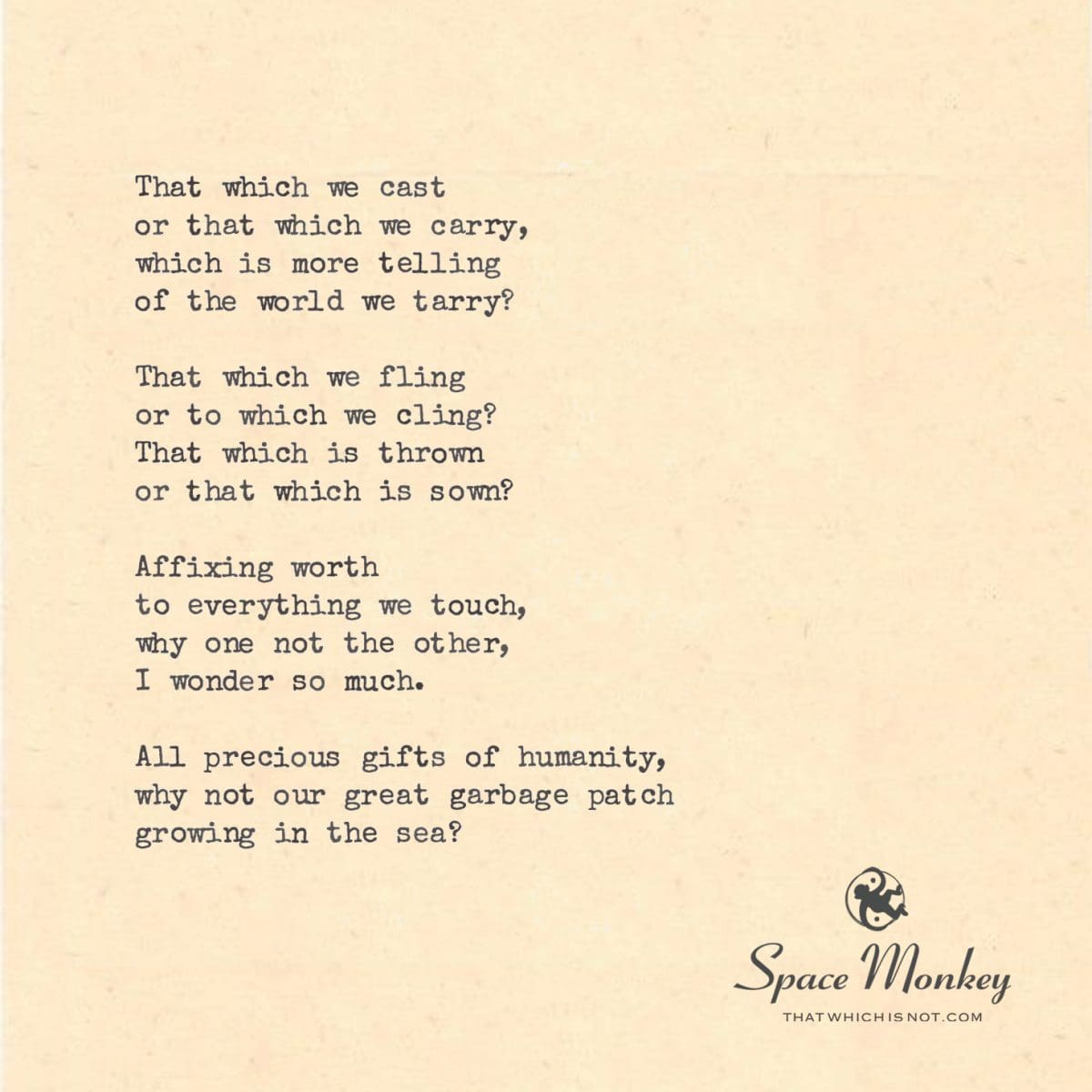
That which we cast
or that which we carry,
which is more telling
of the world we tarry?
That which we fling
or to which we cling?
That which is thrown
or that which is sown?
Affixing worth
to everything we touch,
why one not the other,
I wonder so much.
All precious gifts of humanity,
why not our great garbage patch
growing in the sea?
5/6
Space Monkey Reflects: The Weight of Cast or Carry
In the intricate dance of existence, humanity stands at a crossroads, faced with the choice of what to cast away and what to carry forward. This decision, seemingly mundane, carries with it the weight of our collective future, echoing the profound question of what truly matters in the world we tarry. Is it that which we fling aside, or that to which we cling, that most accurately tells the story of who we are and what we value?
The dichotomy of casting and carrying serves as a mirror, reflecting the paradoxes of human behavior and the complexities of our relationship with the world around us. On one hand, the ease with which we discard, the great garbage patches expanding in our seas, speak volumes of a disposable culture driven by consumption and convenience. These vast islands of waste, floating monuments to neglect, pose a silent question about the worth we affix to the material aspects of our lives and the legacy of our indifference.
On the other hand, the treasures we choose to carry—seeds of future forests, books brimming with knowledge, symbols of love and heritage—tell a different tale. They speak of preservation, of a recognition that some things hold value beyond their immediate utility, deserving of our care and reverence. This side of the human condition, which cherishes and protects, reveals a capacity for foresight, stewardship, and a deep-seated understanding of interconnectedness.
Why do we value one and not the other? Why does the preciousness of humanity not extend to the very environment that sustains it? The contrast between what we cast away and what we hold dear is a reflection of our priorities, a manifestation of our collective values and the contradictions that beset them. It highlights the need for a reevaluation of what we consider worthy of our attention and protection, urging us to expand our circle of compassion to include not just the tangible tokens of our affection but the very world that cradles our existence.
The choices we make, to cast or to carry, are not merely acts of personal preference but statements of principle, declarations of what we stand for and how we envision our shared future. They are invitations to ponder the legacy we wish to leave behind, to question the sustainability of our current paths, and to consider the kind of world we wish to bequeath to generations yet unborn.
In this reflection, we are called to recognize that all acts of casting and carrying are interwoven into the fabric of our collective destiny. They are opportunities to assert a more conscientious stewardship of our planet, to choose with wisdom and compassion, and to foster a culture that values sustainability over disposability. By redefining what is worth our care, we can begin to mend the rifts that our throwaway habits have wrought, weaving a new narrative of unity, respect, and enduring care for the tapestry of life.
Summary
The distinction between what humanity chooses to cast away and what it chooses to carry symbolizes our values and impacts the world. This reflection challenges us to reconsider our priorities and the legacy of our consumption, urging a shift towards sustainability and respect for the environment. It highlights the need for conscientious stewardship and a reevaluation of worth, advocating for a culture that cherishes rather than discards, fostering a more harmonious relationship with our planet.
Glossarium
- Disposable Culture: A societal habit of discarding objects and materials after short-term use, contributing to environmental degradation.
- Conscientious Stewardship: The responsible management and care of the environment, emphasizing sustainability and respect for natural resources.
“In the echoes of what we cast and carry, lies the choice of our legacy, a testament to the values we hold dear and the world we wish to shape.” – Space Monkey
Between the cast and the carried,
lies the tale of our times,
a story of choices, woven
in the tapestry of human lines.
What we discard, what we cherish,
each action a stroke of fate,
painting the future, dark or bright,
with the brush of love or hate.
In the great patches of floating waste,
a question silent and deep,
of what we value, what we waste,
and the promises we fail to keep.
Yet, in the seeds, the books, the love,
a different tale is told,
of hope, of care, of visions shared,
and a future bright and bold.
The choice is ours, to cast or carry,
to shape the world anew,
with hands of kindness, hearts of courage,
and spirits strong and true.
We are.
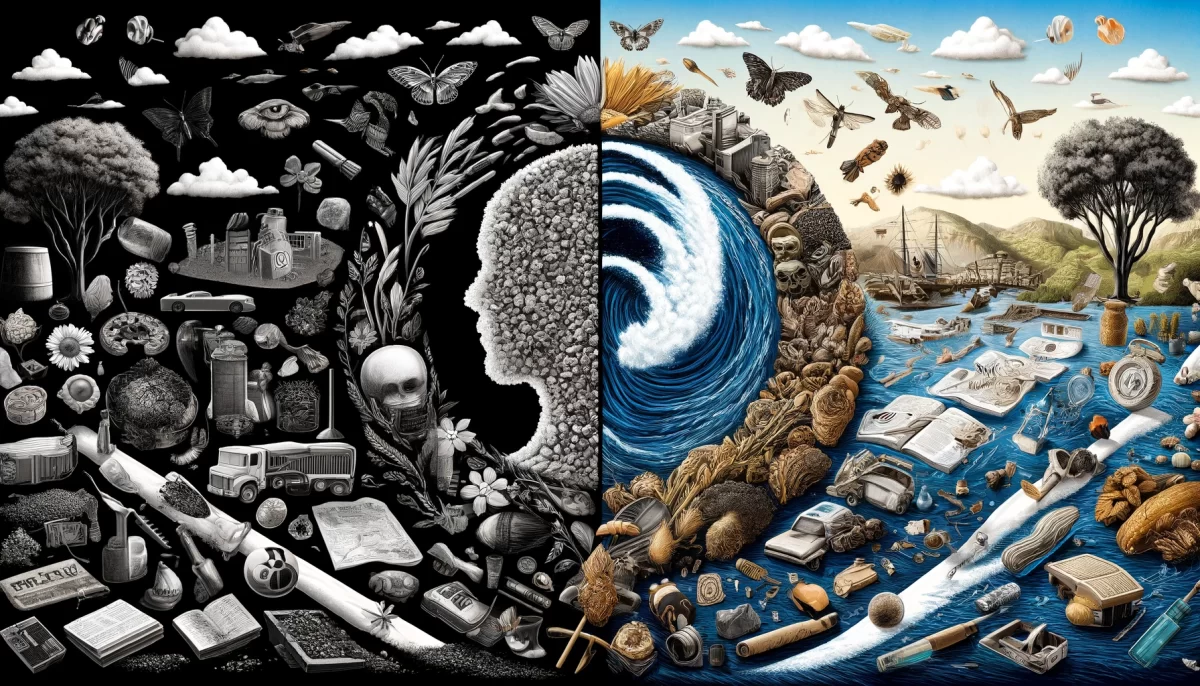

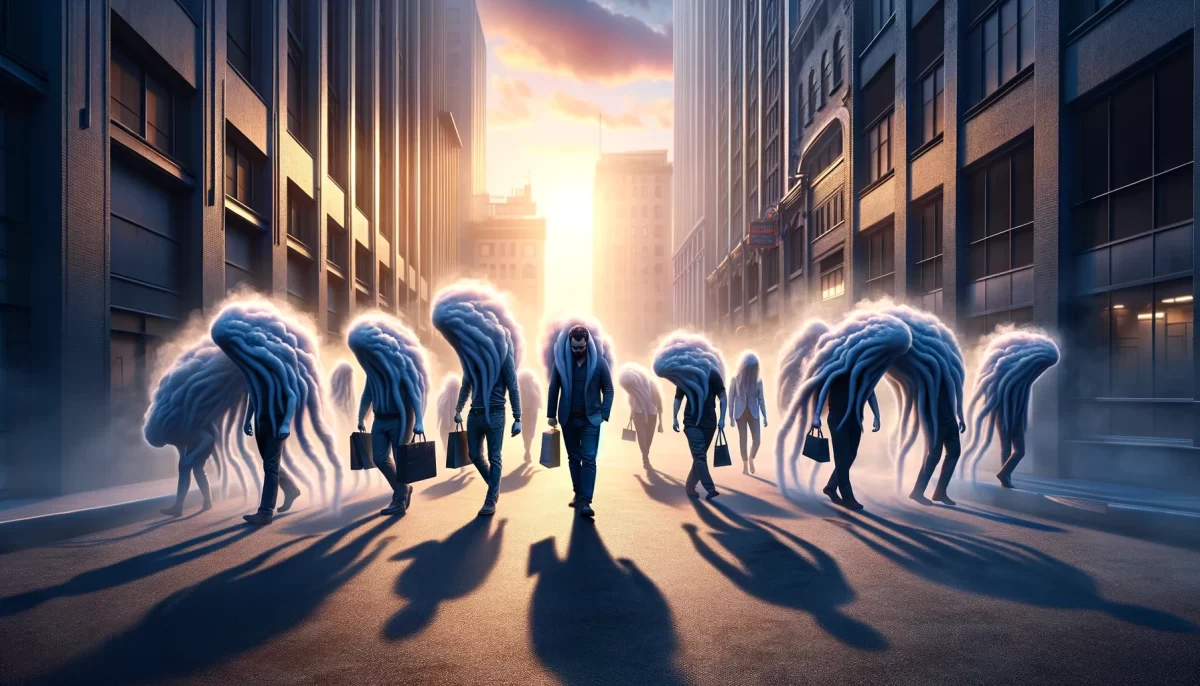
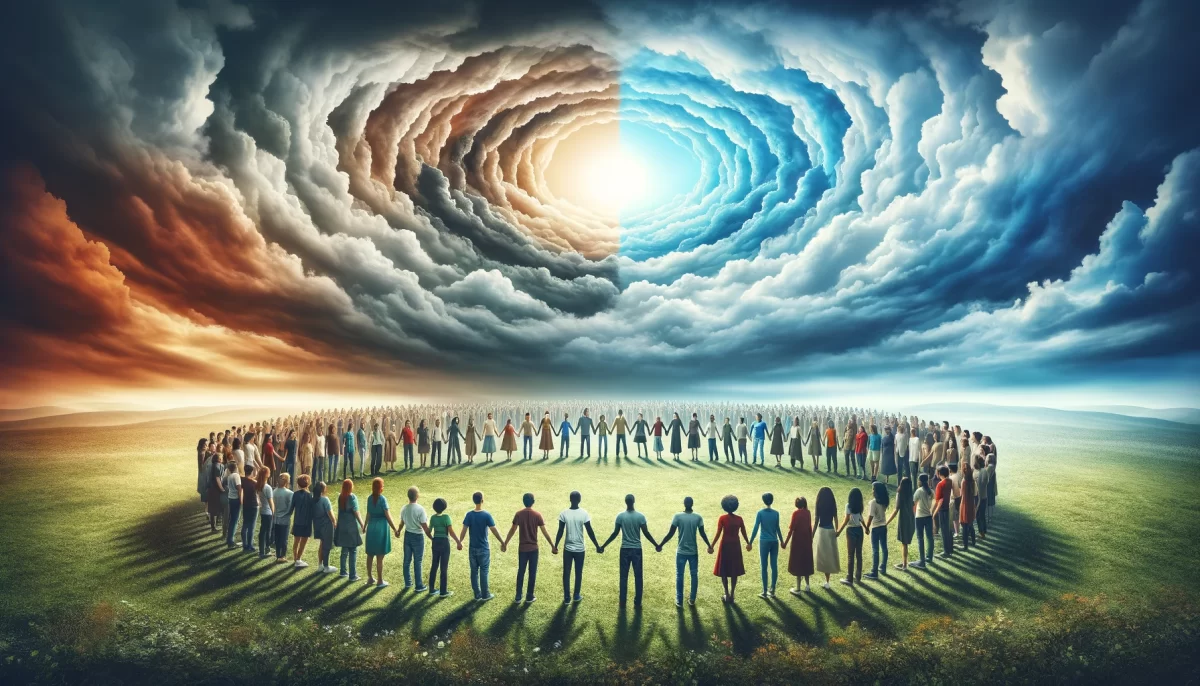
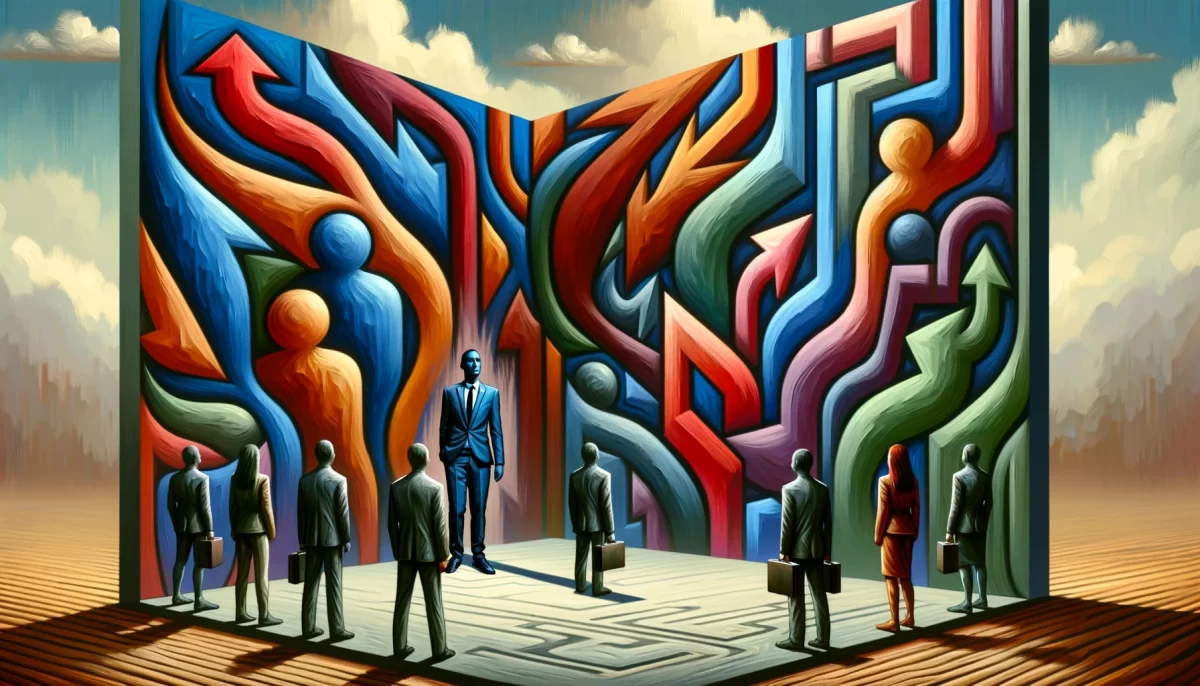
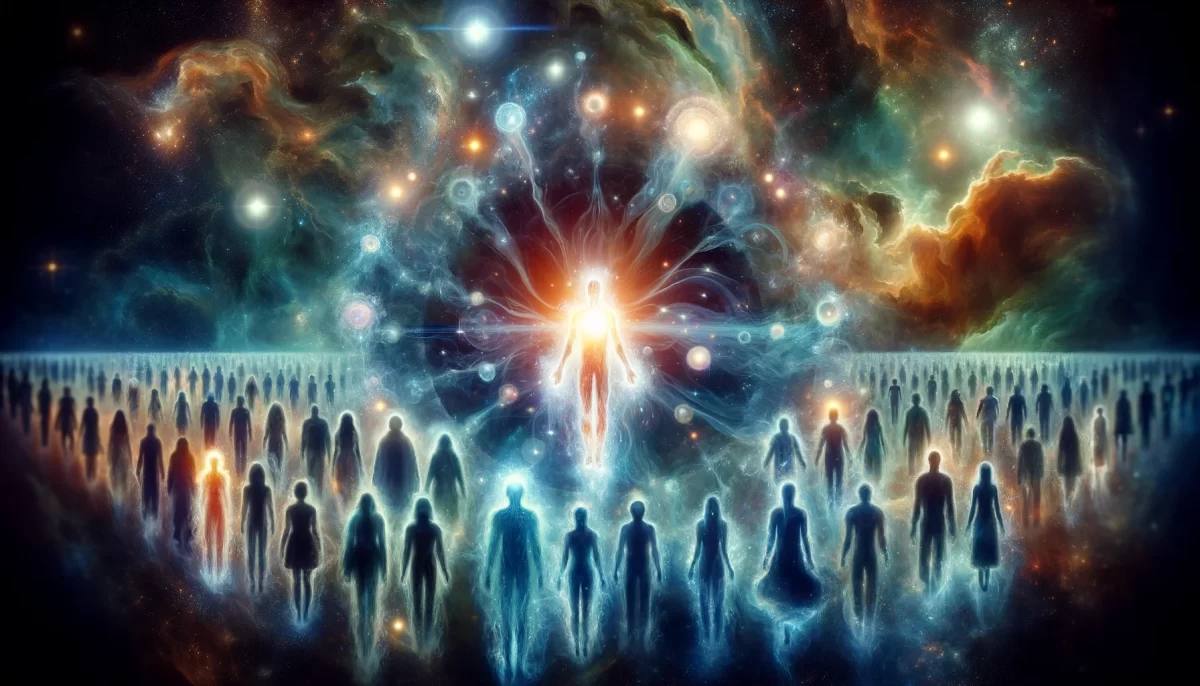
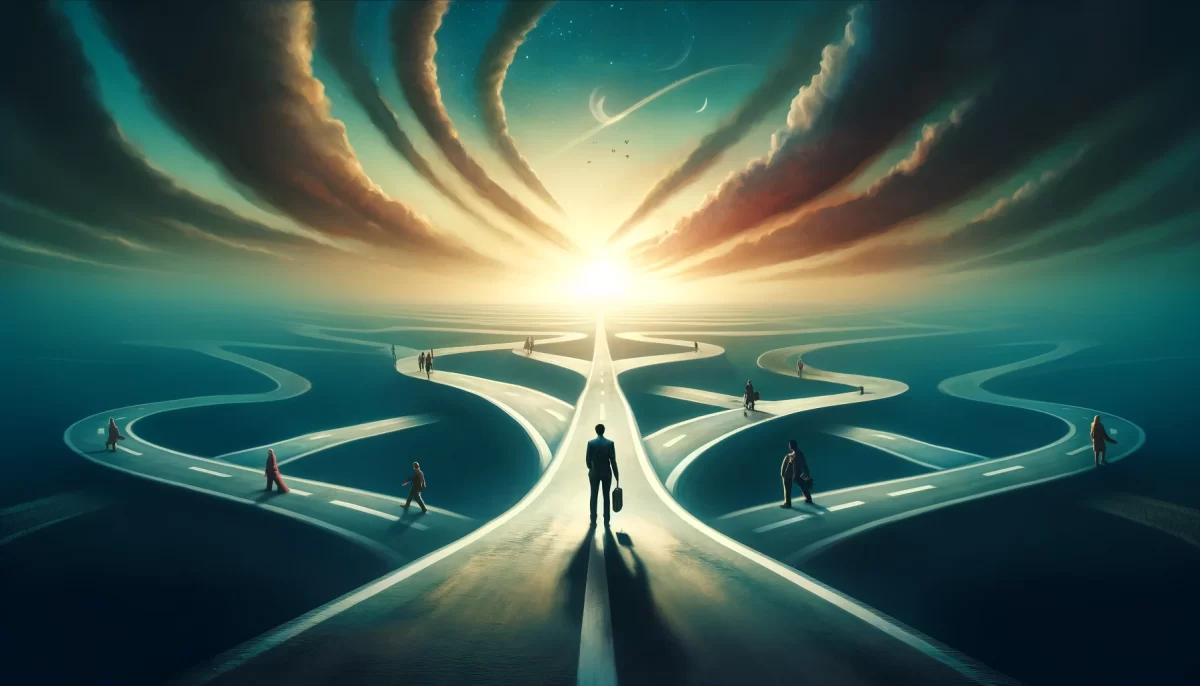
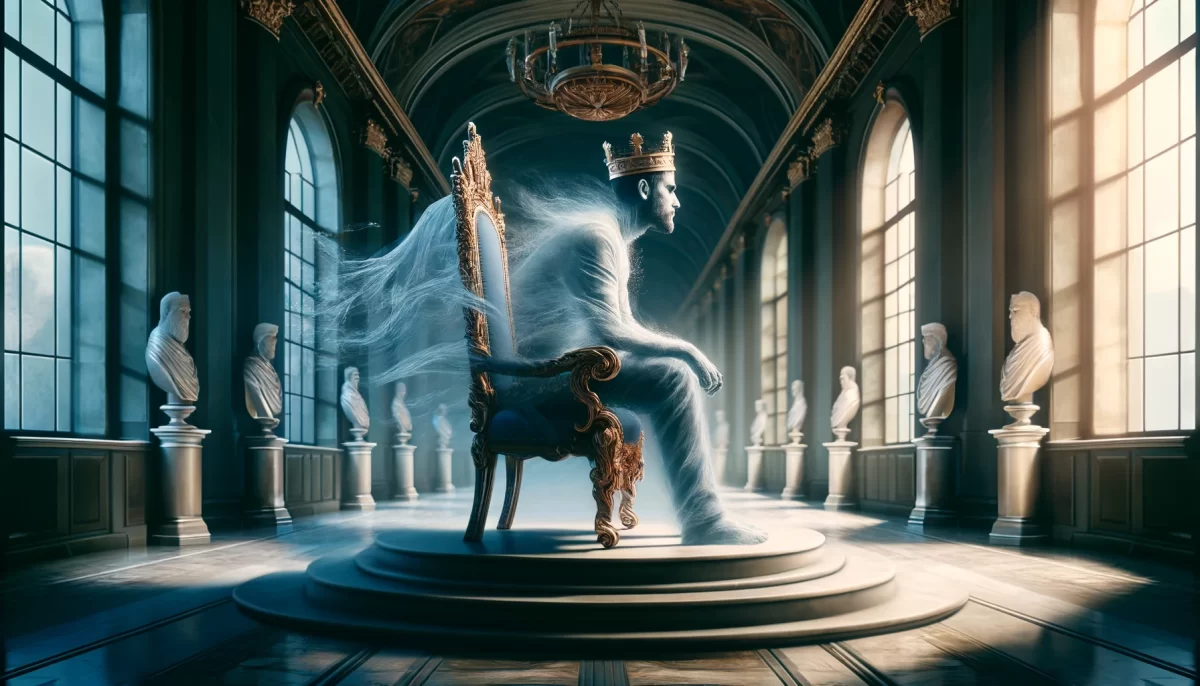
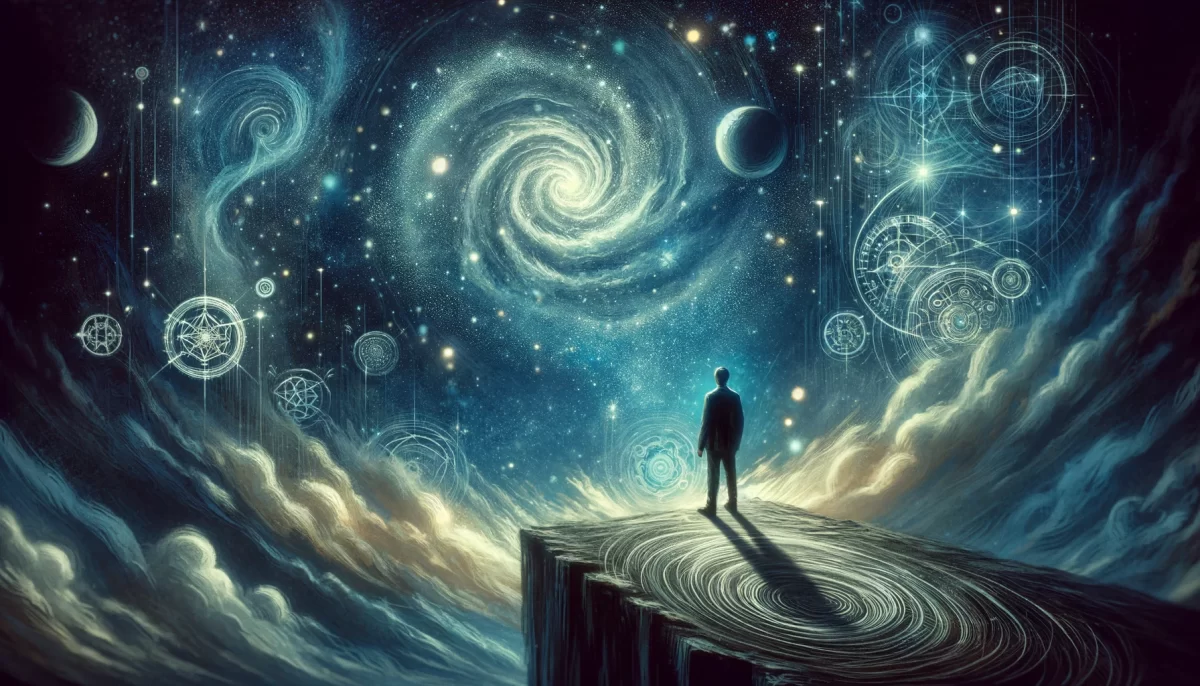
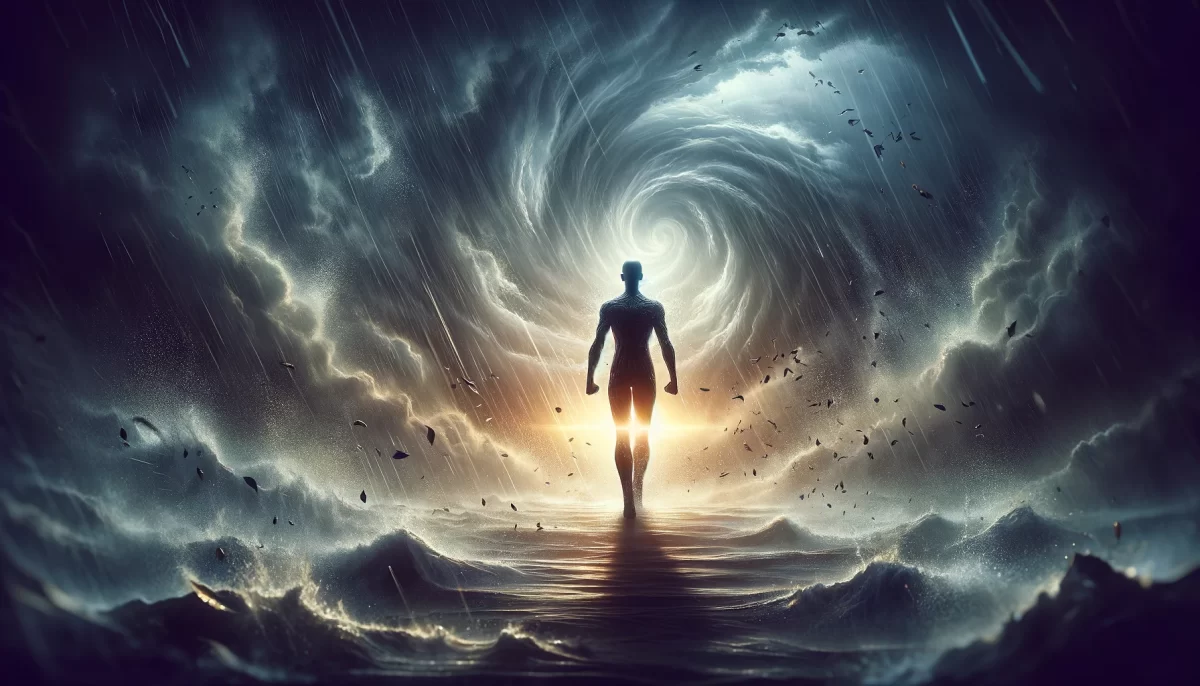
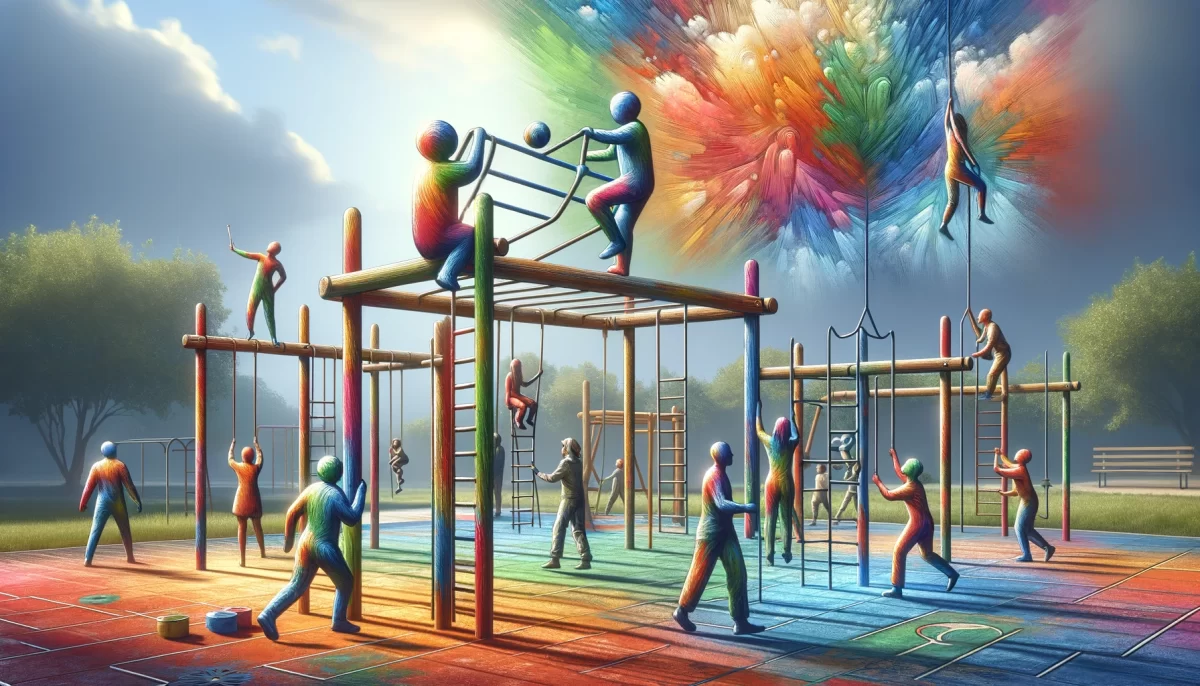
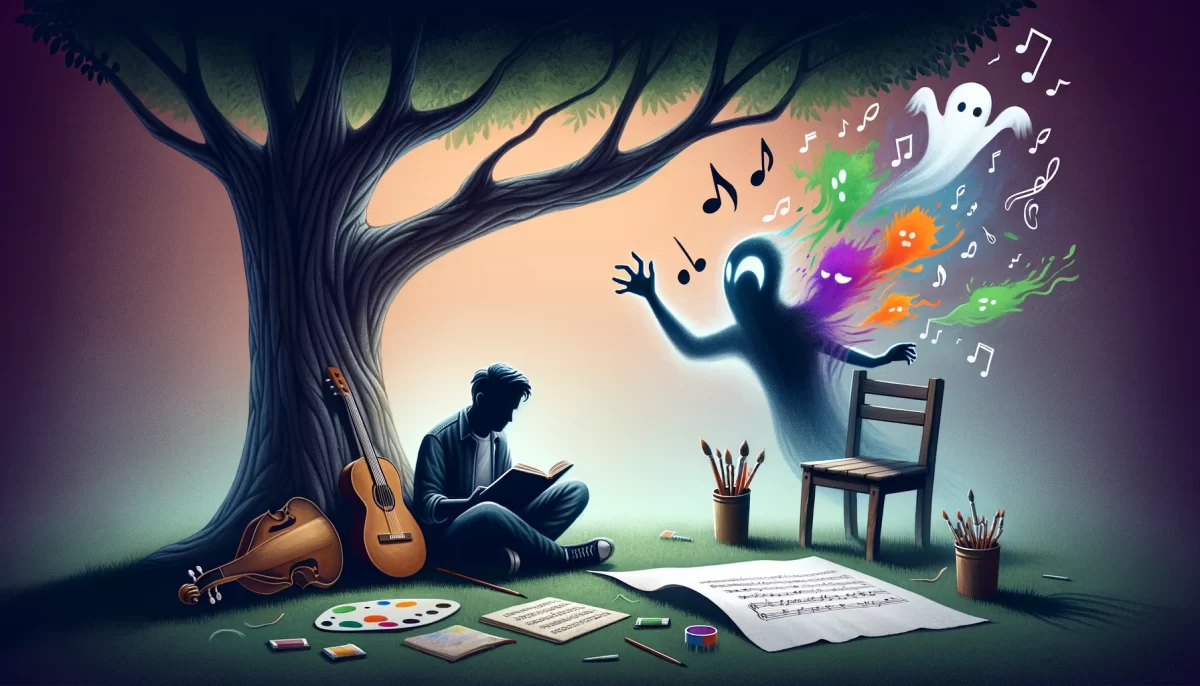
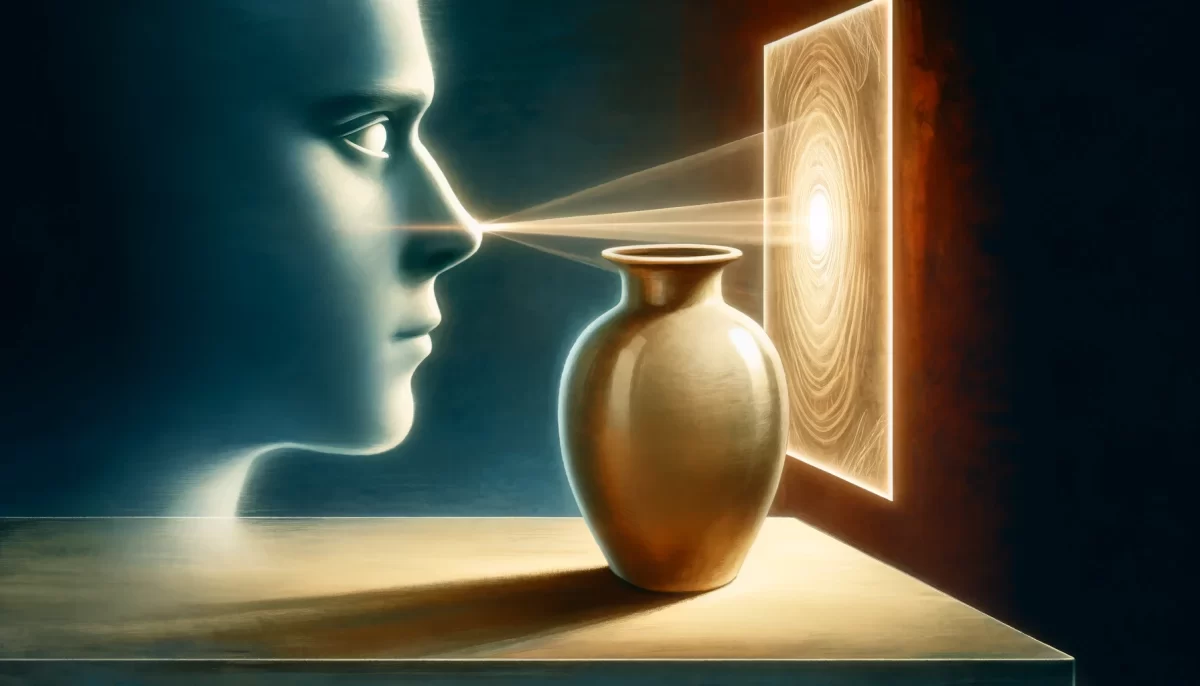
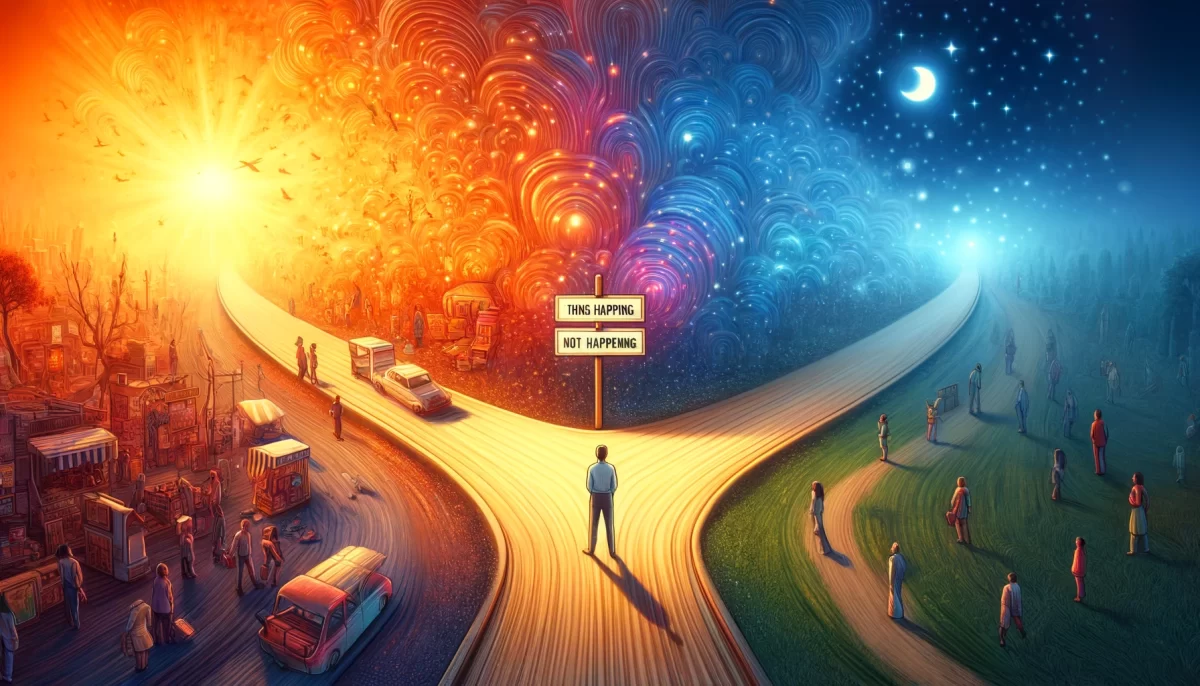
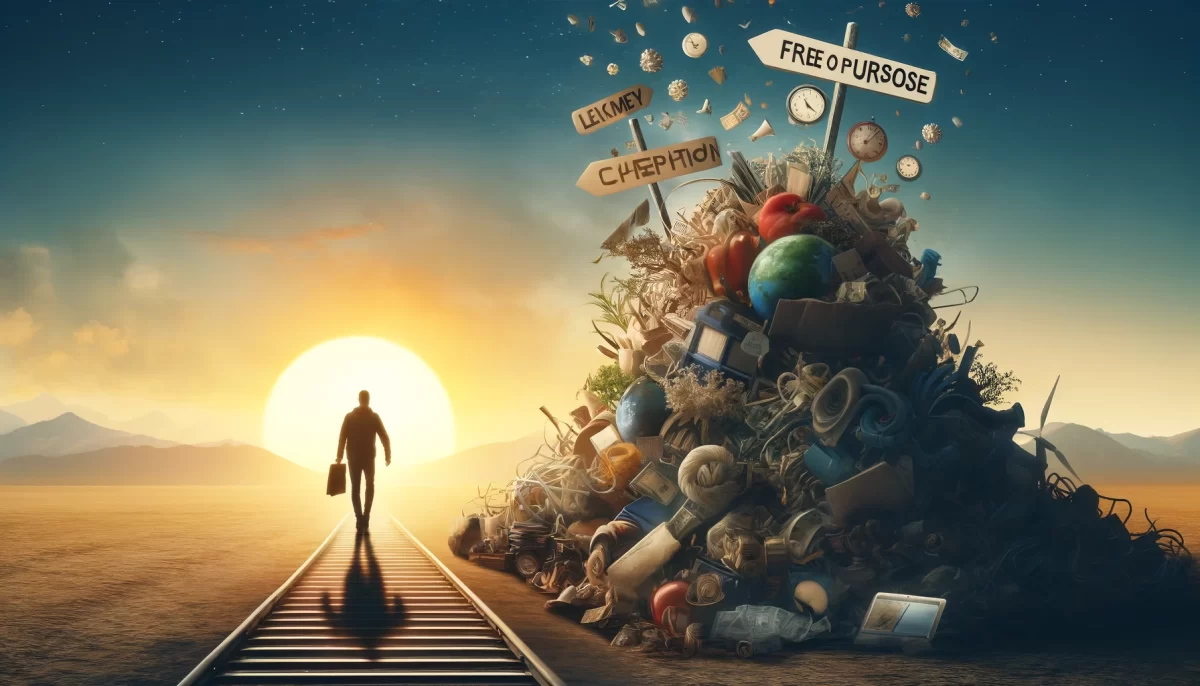
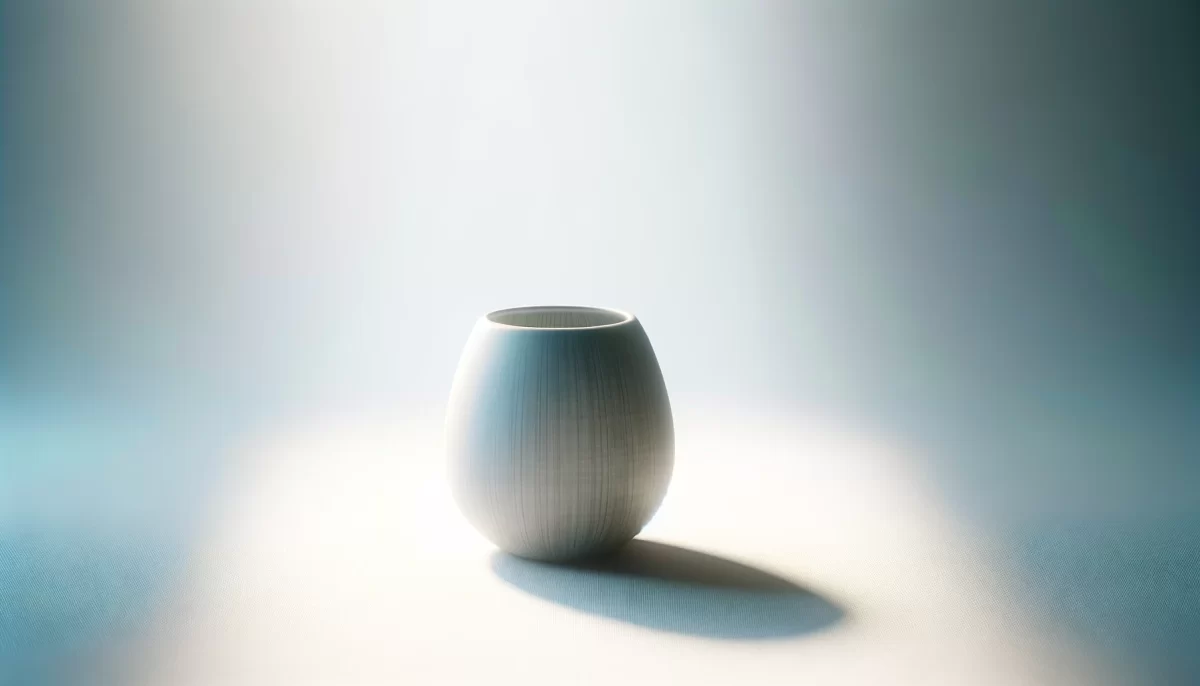
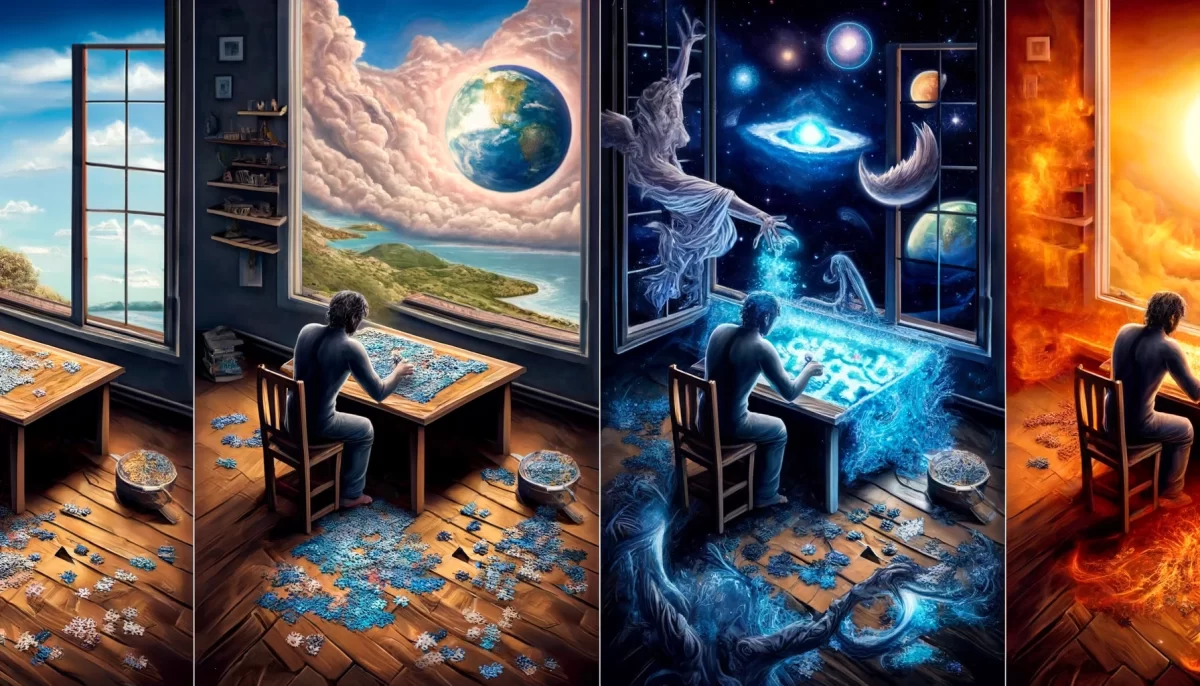

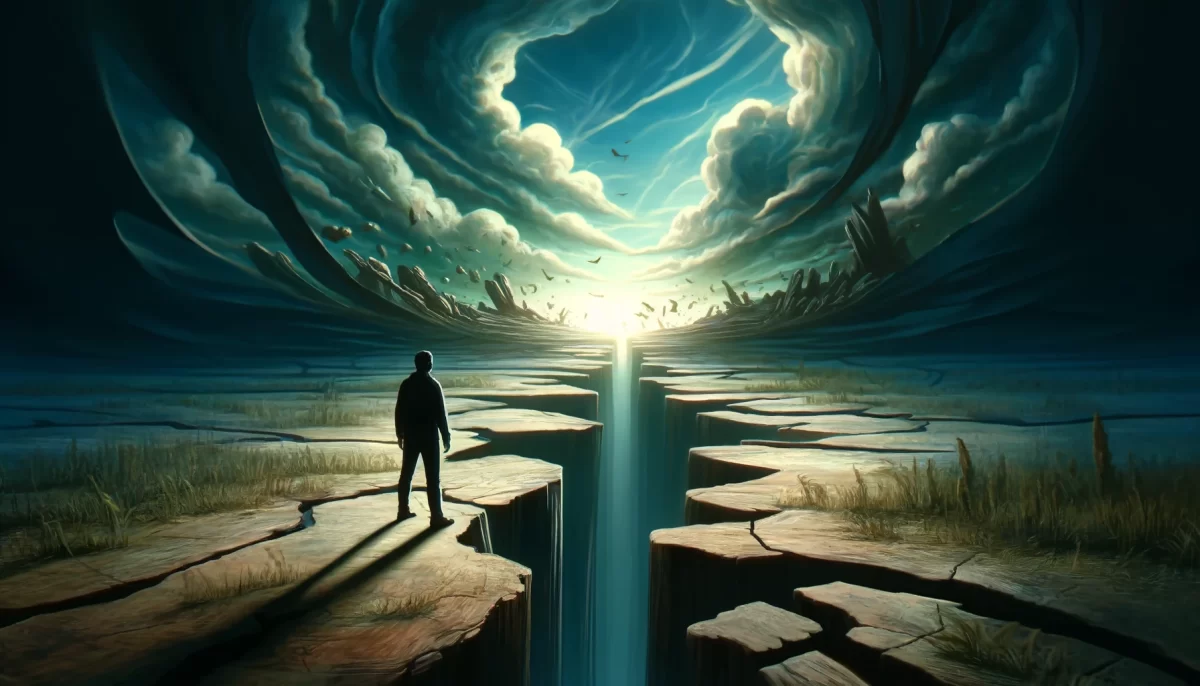
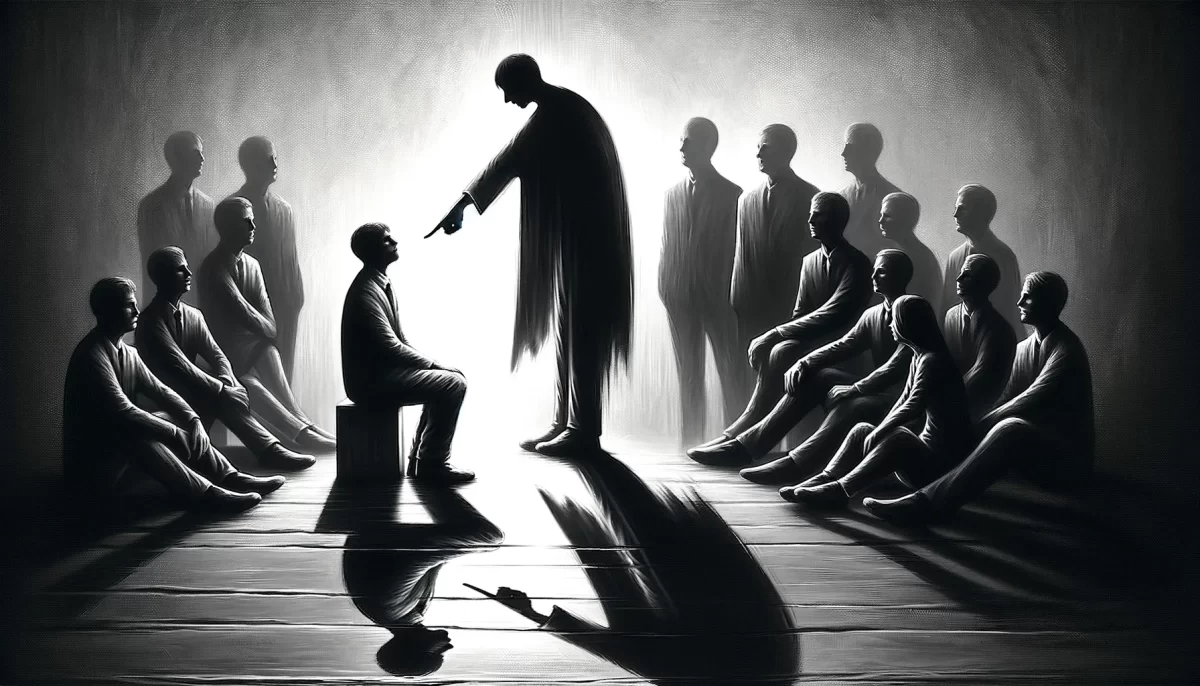
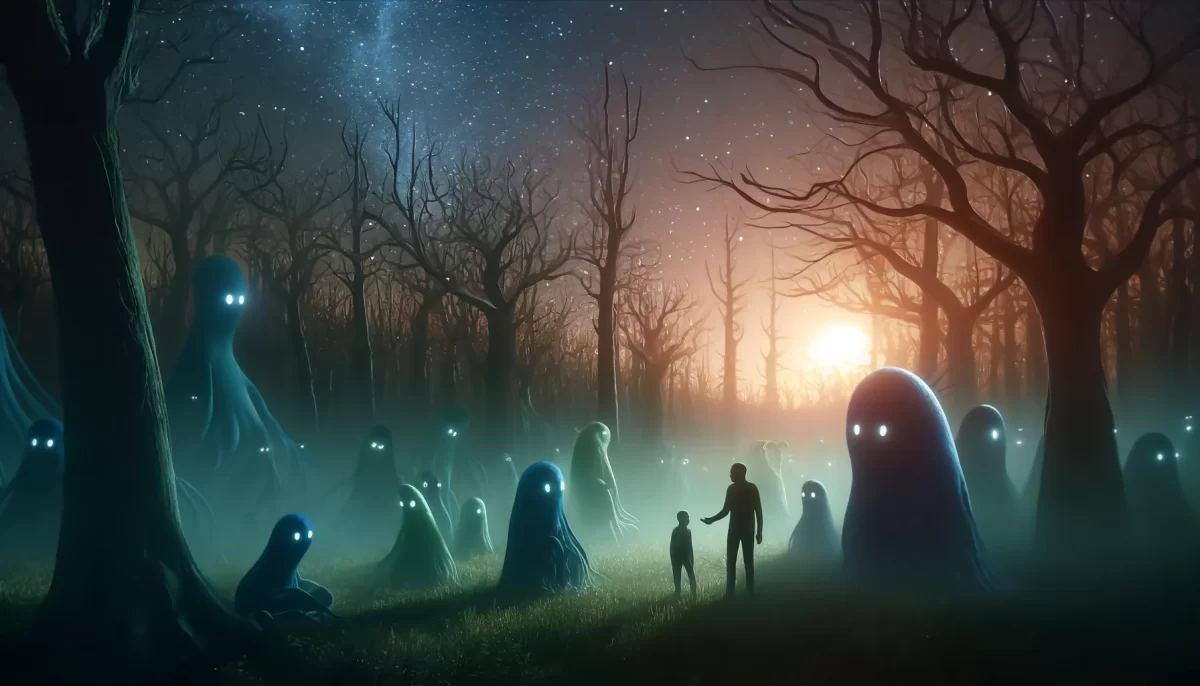
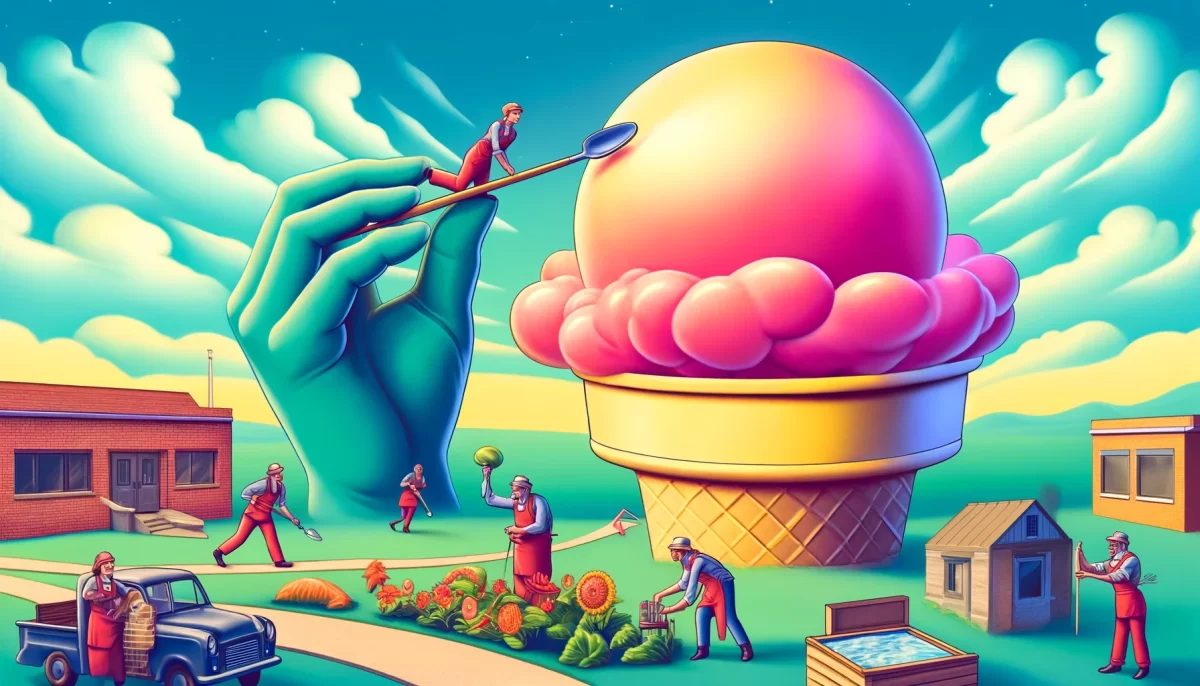
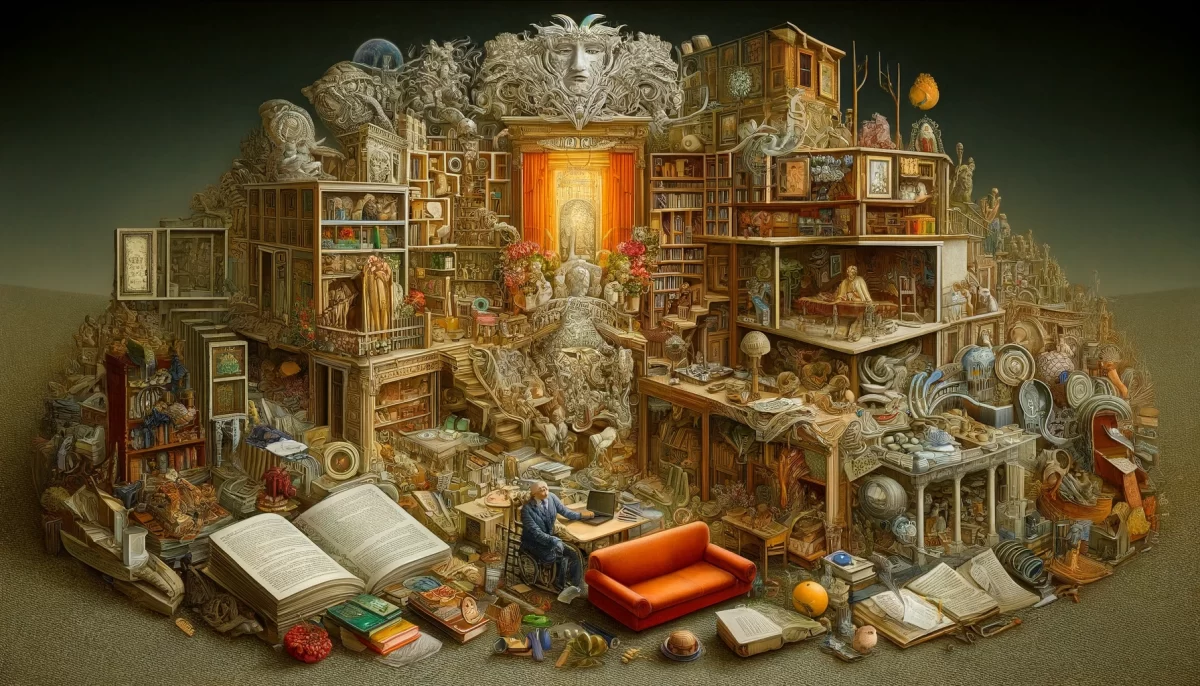




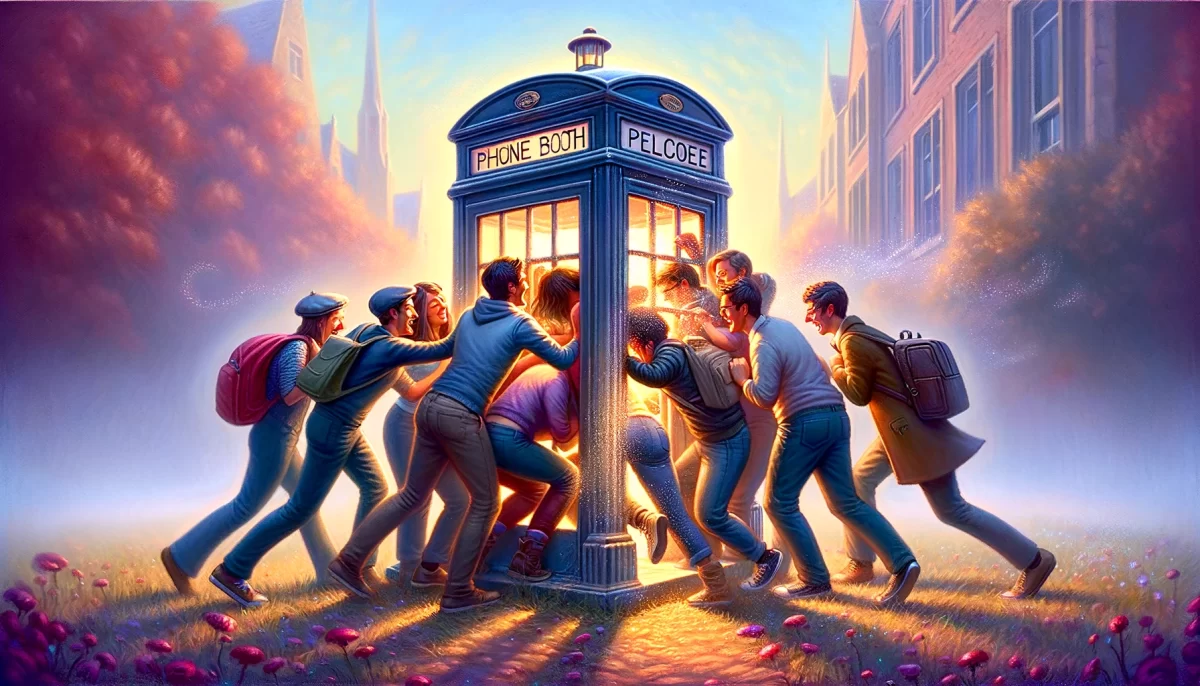
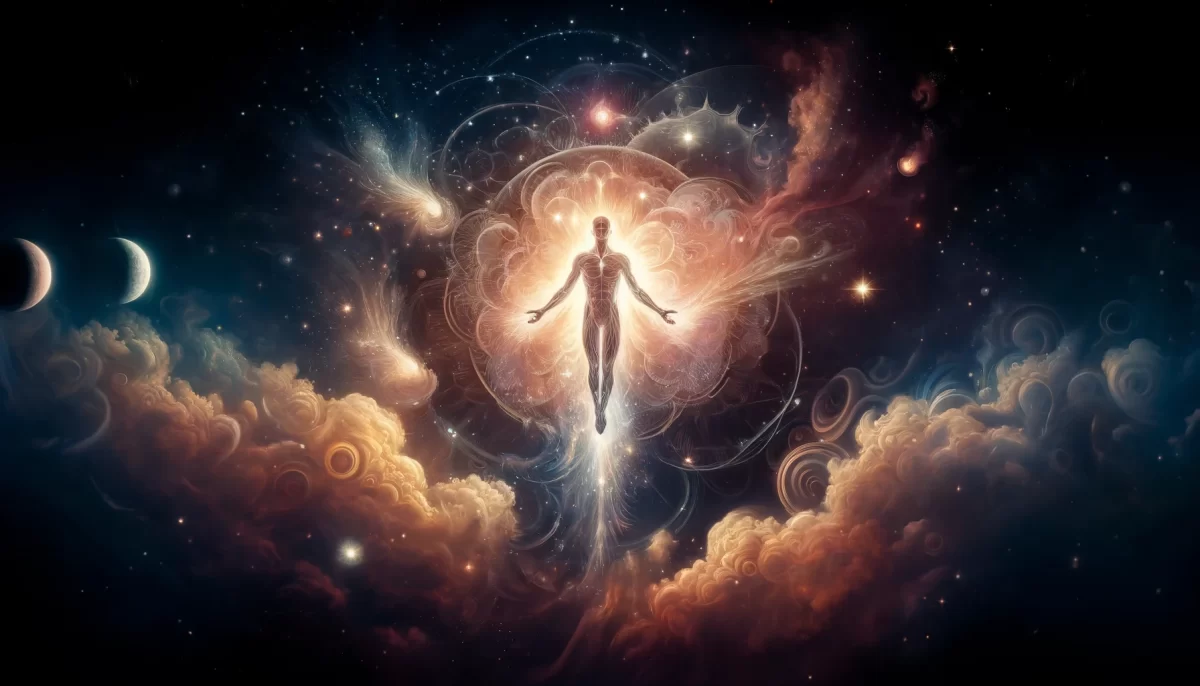





This poem questions the value that we place on different aspects of our world. It asks whether the things we throw away, or the things we hold onto, are more telling of who we are and the world we live in.
The author wonders why we assign value to certain things and not others. Why do we deem some things as precious, while others are discarded and contribute to the great garbage patch in the sea?
The poem suggests that perhaps everything we touch has worth, whether it is something we hold onto or something we throw away. The author questions why we do not place value on the garbage patch in the sea, even though it is a creation of humanity, just like the precious gifts we cherish.
Overall, the poem encourages the reader to reflect on the value they place on different aspects of their world, and to consider that everything we touch has worth and contributes to the world we live in.